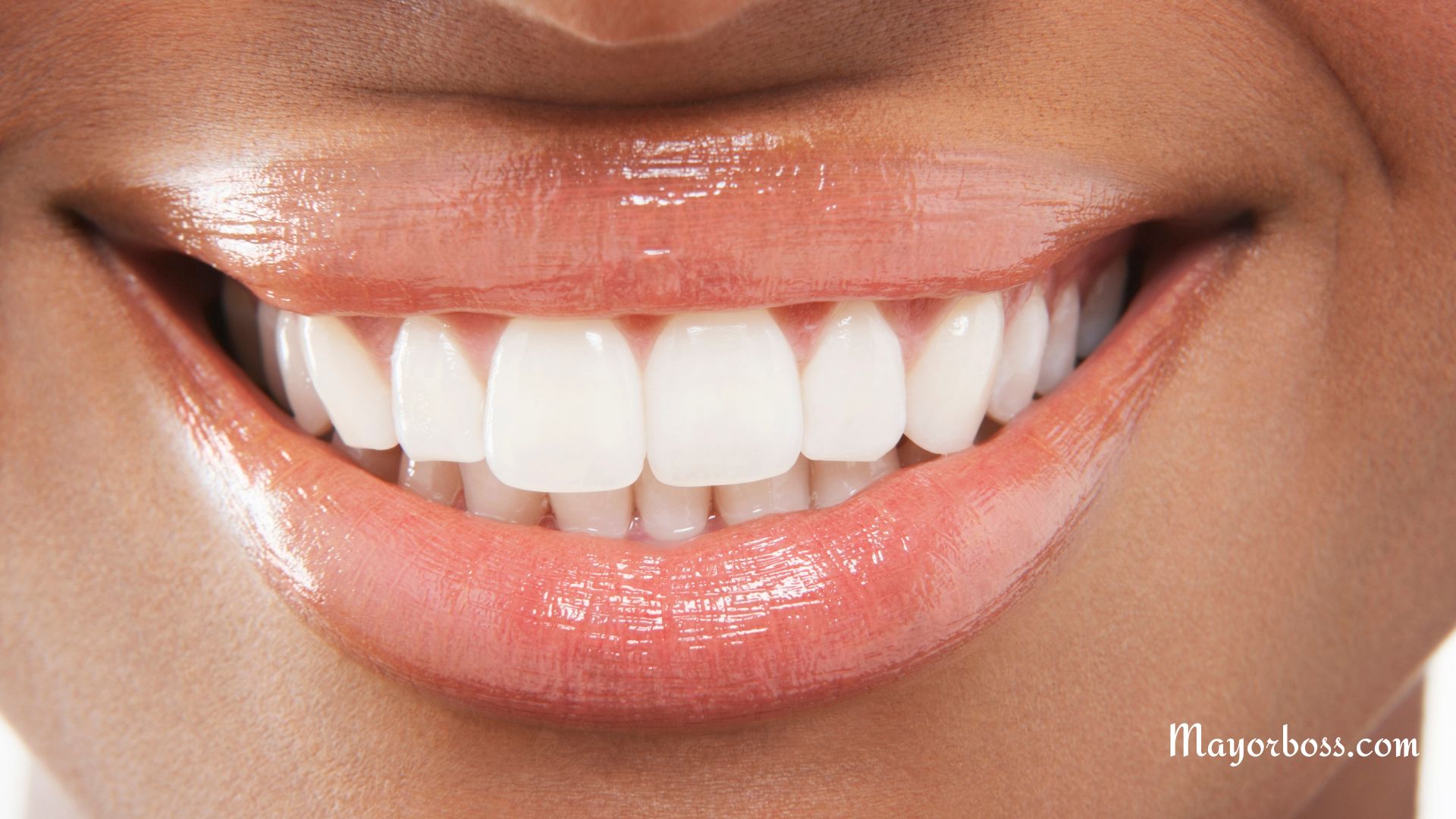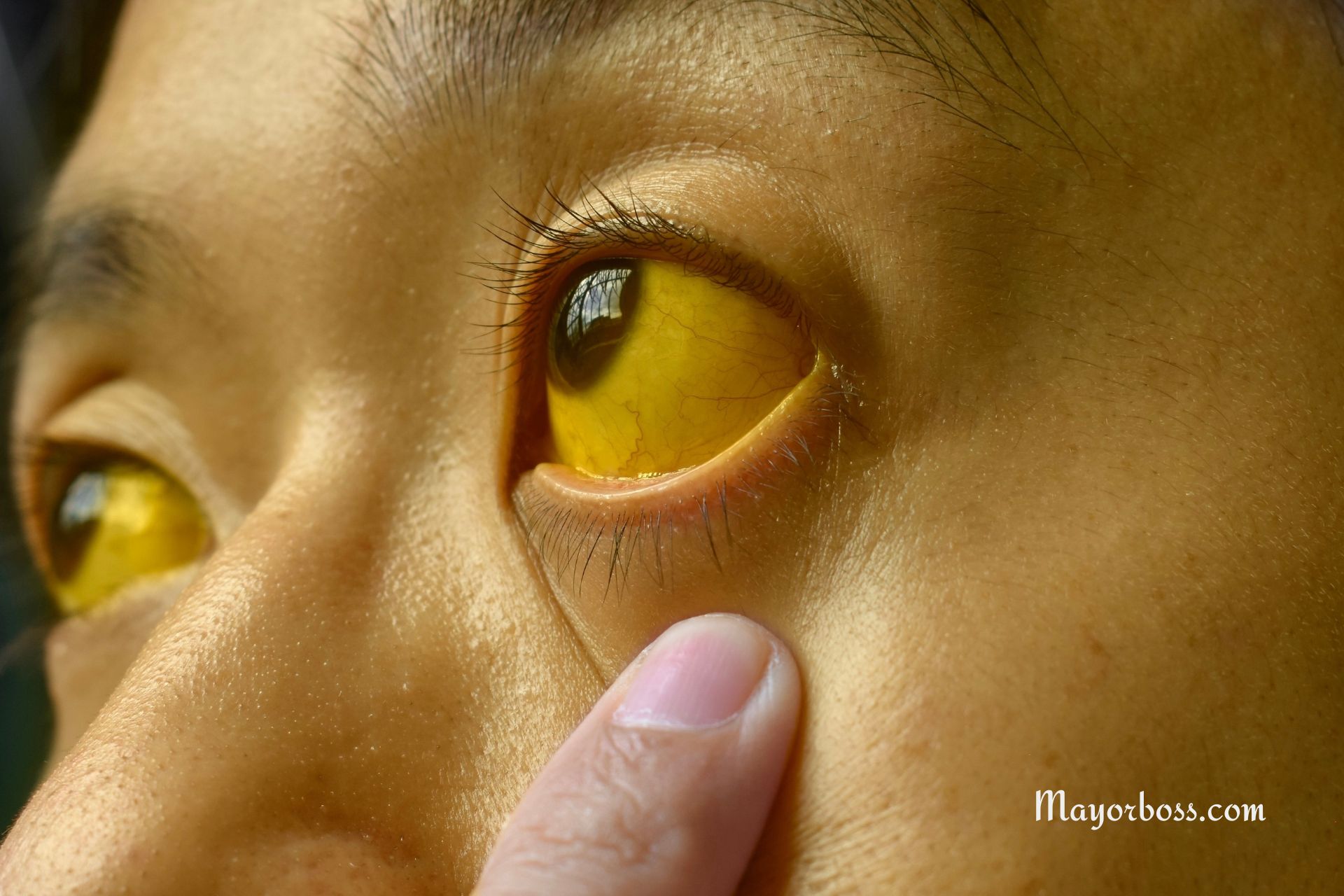7 Common Causes of a Bitter Taste in Your Mouth
Ever had that gross, bitter taste in your mouth that just won’t go away? Yeah, it’s annoying, right? You brush your teeth and maybe rinse with some mouthwash, but the taste still lingers. It’s like your mouth is trying to tell you something, and it probably is. Whether it’s a one-time thing or something you’re dealing with regularly, a bitter taste in your mouth can be a sign that something isn’t quite right.

Skipping Brushing or Flossing Can Leave a Bitter Taste in Your Mouth
First things first—how’s your brushing and flossing game? If you’re not brushing and flossing regularly, leftover food particles can stick around in your mouth, becoming a feast for bacteria. These bacteria can produce some pretty nasty stuff that leaves your mouth tasting bitter. Plus, if you’re not seeing the dentist regularly, plaque buildup and cavities can sneak up on you, making that taste even worse.
And if you’ve got gum disease (basically when your gums are swollen and infected), that bitter taste might be part of the package. Gum disease is no joke, so if it’s been a while since you had a dental check-up, it’s time to schedule one.
Acid Reflux Could Be Why Your Mouth Tastes Bitter
Ever had that burning feeling in your chest after eating certain foods? That’s probably acid reflux. It happens when stomach acid creeps up into your esophagus, and it can leave a sour or bitter taste in your mouth. This is even more likely if you’ve got a condition called GERD (gastroesophageal reflux disease), where this reflux happens a lot.
If you think this might be what’s causing the taste, it’s a good idea to talk to a doctor. They might suggest changes in your diet, like cutting out spicy or fatty foods or even prescribe some meds to help keep that acid where it belongs—in your stomach.
Medications Can Leave a Bitter Taste in Your Mouth
You’d be surprised how many medications can affect your taste buds. Antibiotics, antihistamines, antidepressants, and even some meds for high blood pressure can leave a bitter or metallic taste in your mouth. It’s not fun, but it’s also pretty common.
If you’ve started a new medication and notice your mouth tastes off, talk to your doctor or pharmacist. They might be able to switch your meds or suggest something to help cover up the taste, like sugar-free gum or mints.
Dry Mouth Can Make Everything Taste Bitter
Ever notice your mouth feels super dry sometimes? That’s called dry mouth, and it can definitely leave a bitter taste behind. Saliva is supposed to wash away food particles and bacteria, but when your mouth is dry, those things just hang around and start causing problems.
Dry mouth can happen for lots of reasons—like if you’re dehydrated, if you’re a smoker, or if you breathe through your mouth a lot. Sometimes it’s a side effect of medications, or it could even be linked to conditions like diabetes. If dry mouth is a constant issue for you, drinking more water and chewing gum might help, but you should also let a doctor know.
The Foods You Eat Can Affect How Your Mouth Tastes
What you eat and drink can definitely influence how your mouth tastes afterward. Coffee, beer, garlic, and onions are some of the worst offenders—they can leave a bitter taste that sticks around even after you brush. And don’t get me started on pine nuts! Some people get a weird bitter taste from them that can last for days or up to 2 weeks, according to the NSW Food Authority. It’s called “pine nut syndrome,” and while it’s rare, it’s super annoying.
Consequently, if you notice certain foods always leave you with a bitter taste, you might want to cut back on them or at least brush your teeth right after eating.
Pregnancy Can Change Your Taste Buds
Okay, so this one might not apply to you right now, but it’s worth mentioning. Pregnancy can totally change your taste buds, thanks to all the hormonal changes happening in your body. Some pregnant women experience a constant bitter or metallic taste, which can make everything taste weird.
This usually goes away after the first few months of pregnancy, but in the meantime, chewing gum, eating citrus fruits, or brushing your teeth more often might help.
Stress or Anxiety Might Be Causing the Bitter Taste
Stress doesn’t just affect your mind—it can have an impact on your mouth too. When you’re stressed or anxious, your body can produce more stomach acid, which might cause reflux. Or maybe the stress is just making your mouth feel drier, which can also lead to a bitter taste.
Consequently, if you notice the bitter taste comes on when you’re feeling stressed out, try to find ways to relax. Exercise, meditation, or just talking to someone about what’s bothering you can help.
How to Deal with a Bitter Taste in Your Mouth
If that bitter taste won’t go away, here’s what you can do:
- Brush and Floss: Make sure you’re brushing and flossing every day, and don’t skip those dental check-ups.
- Drink More Water: Staying hydrated can help keep your mouth from drying out.
- Avoid Certain Foods: If you know certain foods or drinks leave a bitter taste, try cutting back on them.
- Check Your Meds: If you think your medication might be the cause, talk to your doctor.
- Tackle Acid Reflux: If GERD or acid reflux is the issue, changing up your diet might help.
- Manage Stress: Find ways to relax and keep your stress levels in check.






